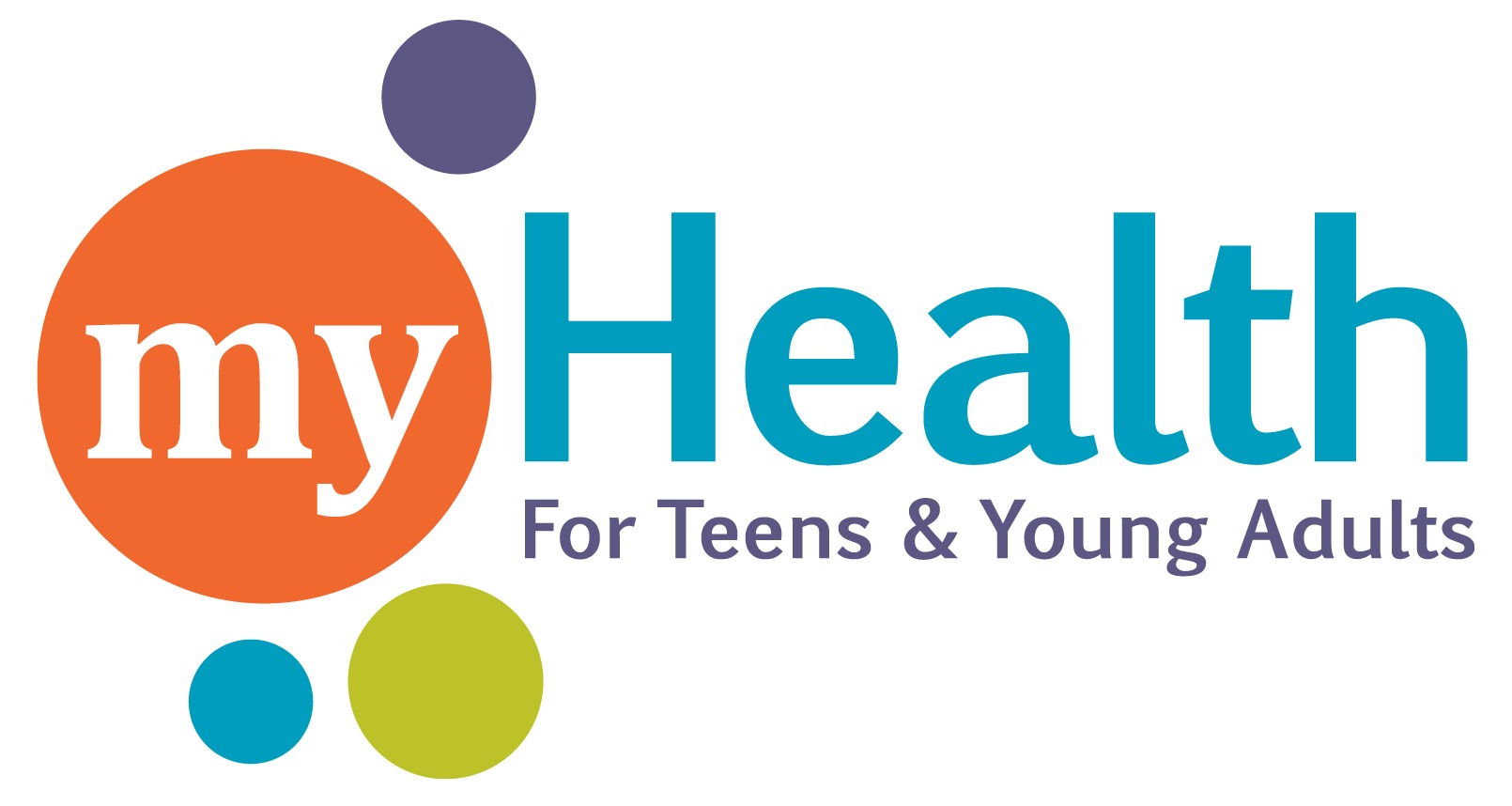myHealth for Teens & Young Adults’ education team is comprised of professional speakers that are knowledgeable about the issues teens and young adults face.
myHealth facilitates presentations in classrooms or any other community space. myHealth educators come out to schools, alternative learning centers, transition programs, juvenile detention centers, treatment facilities, dormitories, student groups, etc.
